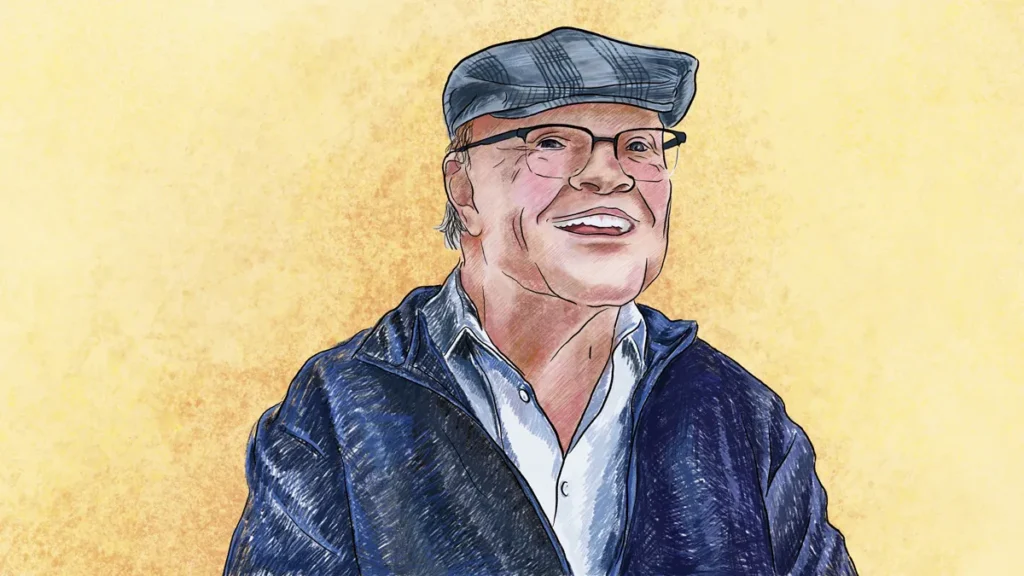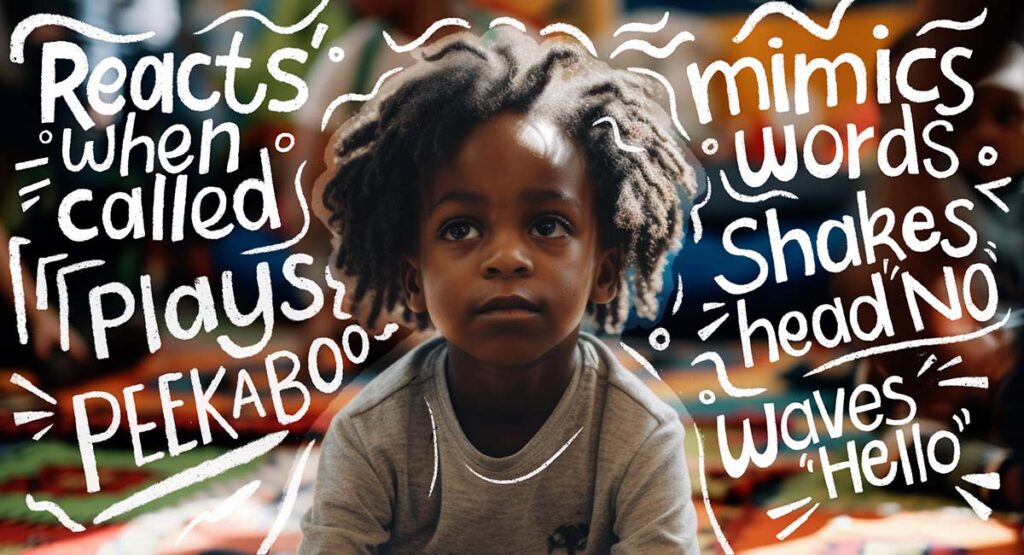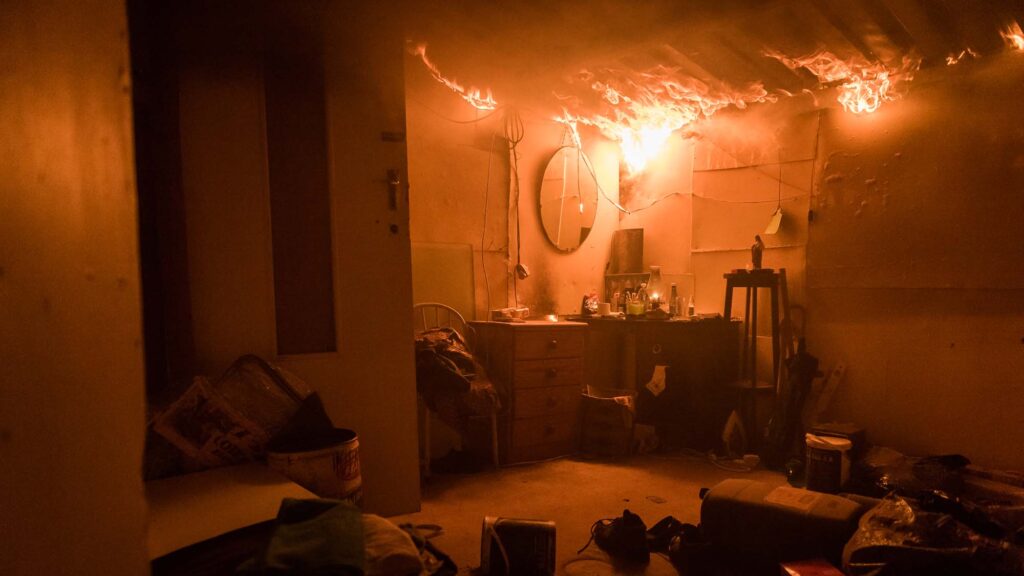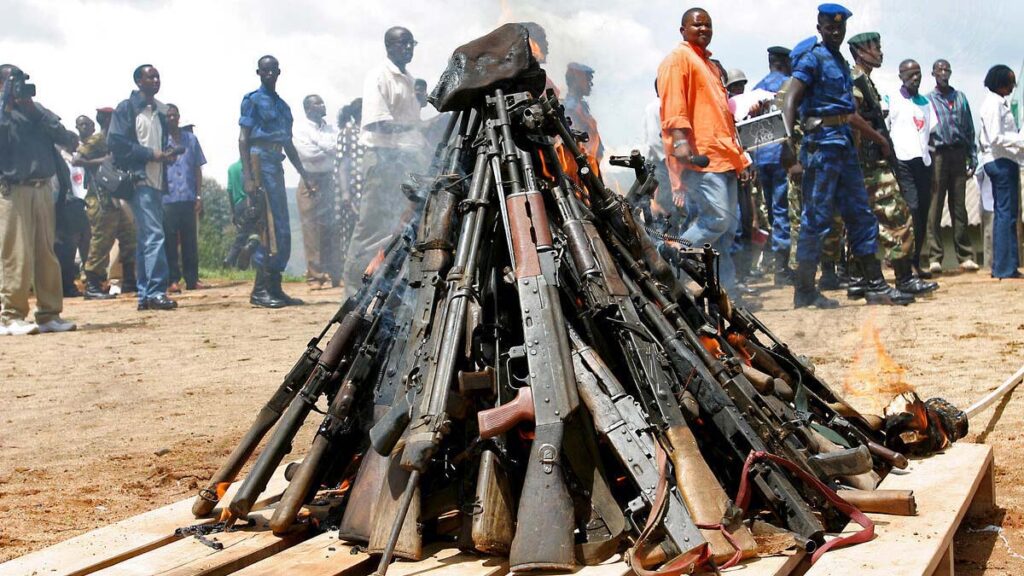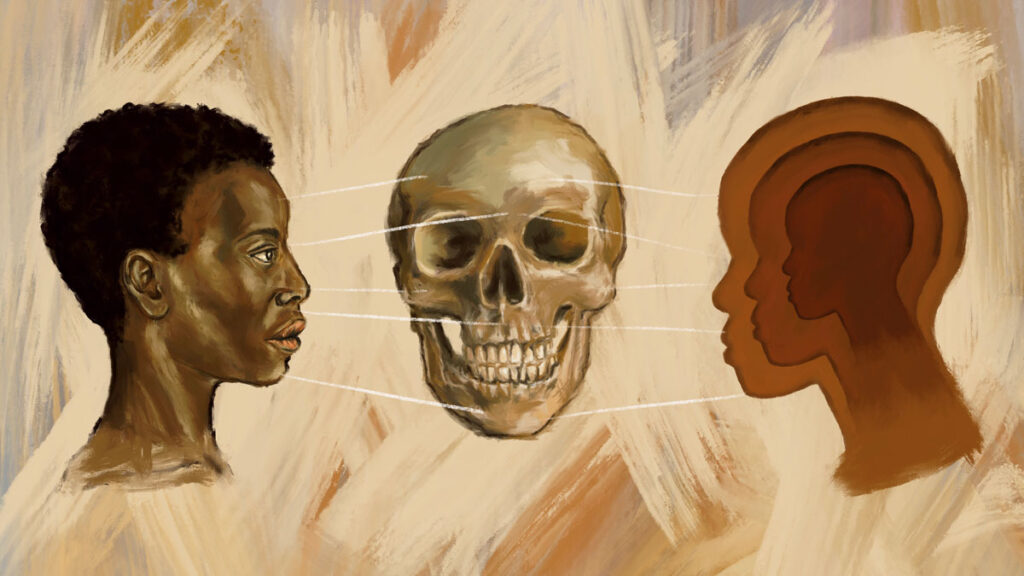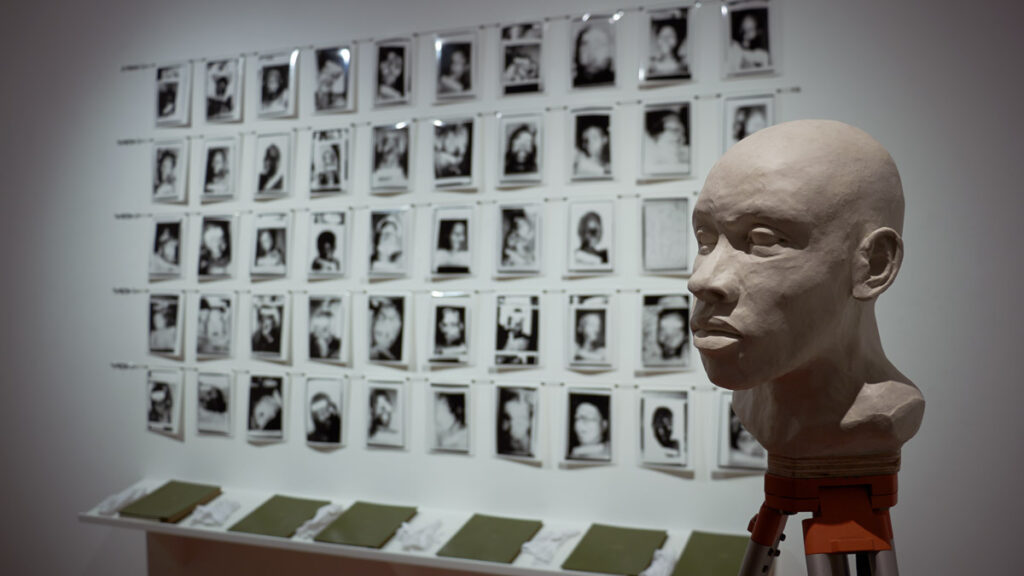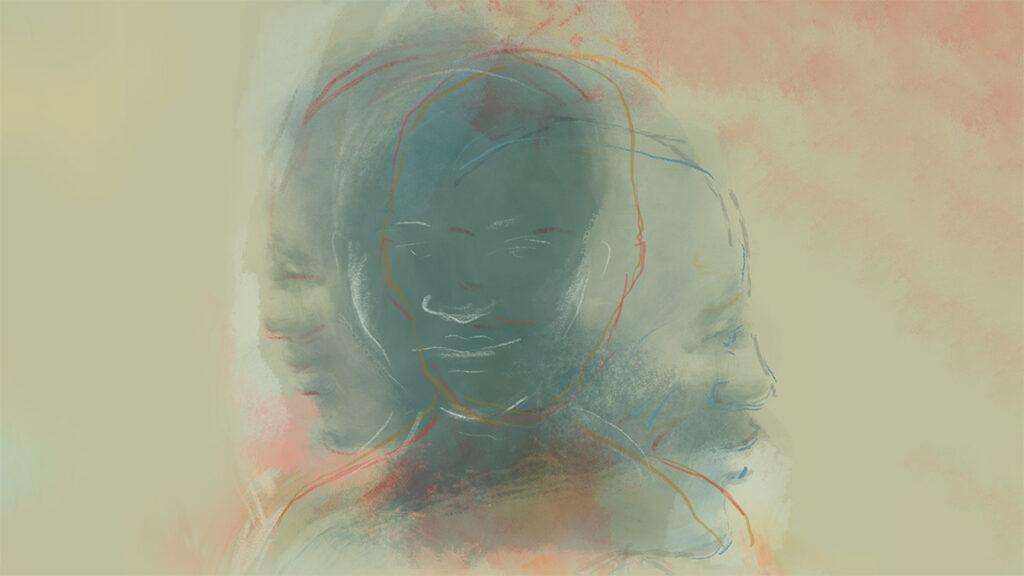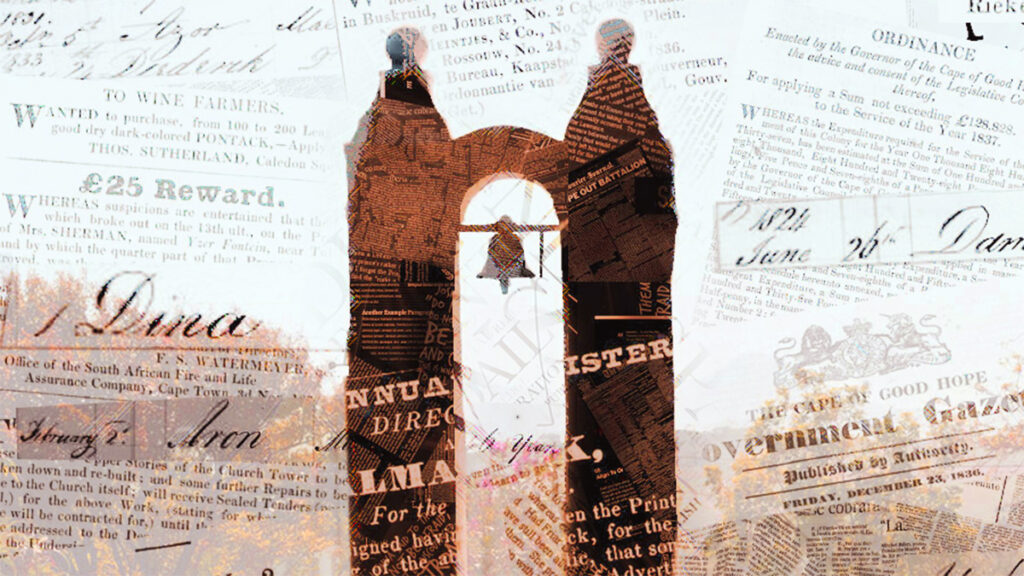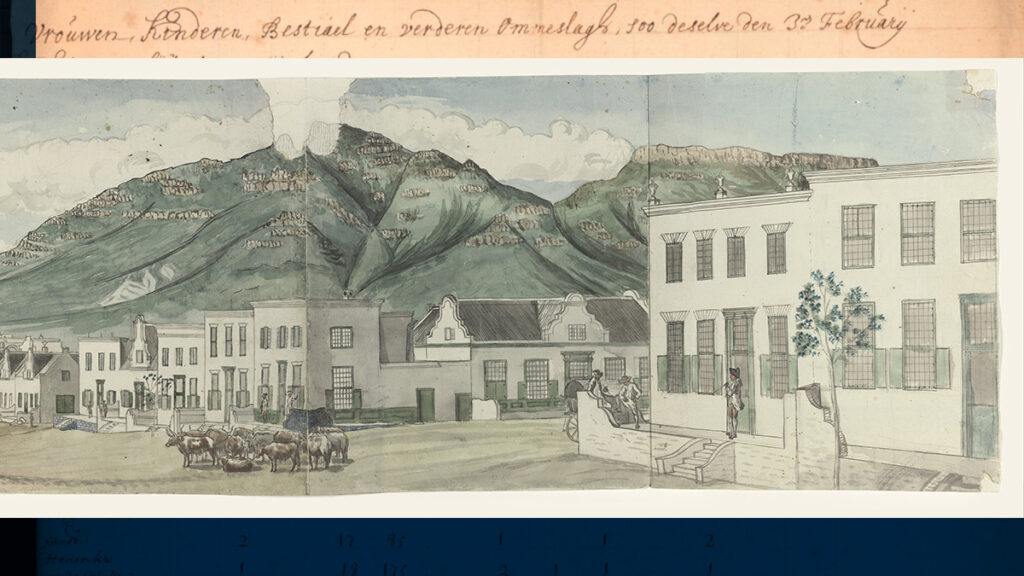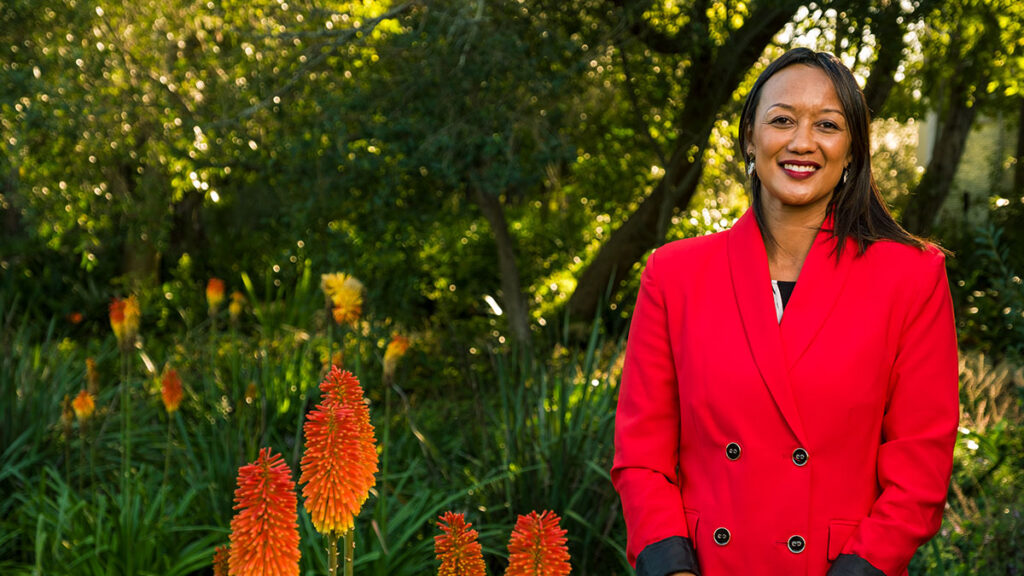
Chair lay property law foundation for democratic SA
Prof Zsa-Zsa Boggenpoel specialises in property law, constitutional property law, and property theory. She believes that a more progressive reading of the law could solve many of South Africa’s challenges around a more equitable distribution of land rights. “I try to think of ways in which we can be more progressive in protecting marginalised groups, for instance. I want to unlock possibilities that have not been opened before. The law has the potential to do that, but we need to be more creative in the way that we see things,” she says.
